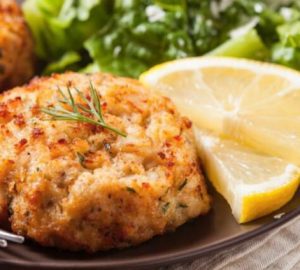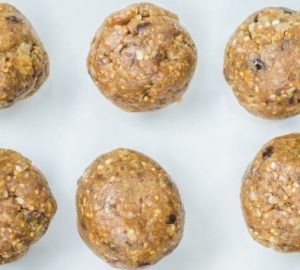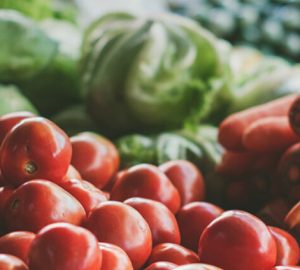
What to eat before your morning swim
Before any endurance exercise you should ensure your carbohydrate stores are fully stocked to allow a quality training session to be completed. Starting training with limited stores of carbohydrate will significantly reduce the intensity you can train at, as well as notably increasing the perceived effort, limiting the amount of fatigue that can be created and therefore reducing the effectiveness and overall benefit of the session. The current fuelling guidelines recommend consuming a high carbohydrate meal three to four hours prior to exercise but when this is not possible (because who wants to get up at three in the morning for a six o’clock swim?) ensuring adequate carbohydrate stores for the session becomes reliant on fuelling during and immediately before the session and in the day prior to training.
In the evening before an early morning swim consuming a high carbohydrate meal three to four hours prior to sleep will allow most of the fuelling for the session to already be completed by the time you wake up. This will be particularly important if you have trained that day as any carbohydrate depletion carried into sleep will have a knock-on effect the next morning. As there is plenty of time for the body to break down and process the meal, this can be through a mix of low to moderate glycaemic index food sources and should contain around 4 grams of carbohydrate per kilogram of bodyweight.
Once awake and if the training session is less than 45 minutes away, then anything consumed needs to be light and low in fat so that it is broken down and absorbed prior to getting into the water, reducing the chance of any gastrointestinal discomfort during the session. Any food or fluid not absorbed before starting training will sit on the stomach and is likely to cause problems unless it is water or pure carbohydrate. Fat is the main enemy prior to exercise. In the 15-20 minutes prior to training consuming something high on the glycogenic index, as well as low in fat, fibre and protein, (as these are all nutrients that take the stomach some time to break down and hinder absorption) will prevent problems. Try to consume around 0.5 to 1.0g of carbohydrate per kilogram of bodyweight. This could be through normal foods, providing they are lean sources, or an energy bar, gel or sports drink, all of which will offer an effective way of getting carbohydrate into the system quickly whilst being light on the stomach.
If you cannot eat or drink anything before your session, don’t panic. If you have eaten properly the night before then you should be able to maintain energy levels and quality of training by fuelling during the session (e.g. with a sports drink or gels).
In fact, getting used to taking on carbohydrates during your training will allow you to practise your competition fuelling strategy, an important part of preparations. Intakes of around 60-90 grams of carbohydrate per hour will replicate optimal intakes for competition and provide fuel for the training.
If the session is less than 90 minutes in length, and assuming you have started the session with full carbohydrate stores, there should be sufficient glycogen to last the duration and therefore you will not require a further intake during it. However, if you are planning another session the same day, or even the following day, then properly fuelling this first session will provide active recovery – ‘fuelling today for tomorrow’ – which is essential to ensure training quality in the later sessions.
If the focus for the session is on increasing your ability to utilise fat as a fuel then fuelling in the morning or during the session will be less of a concern. However, this is another topic and something to cover at a later date.








